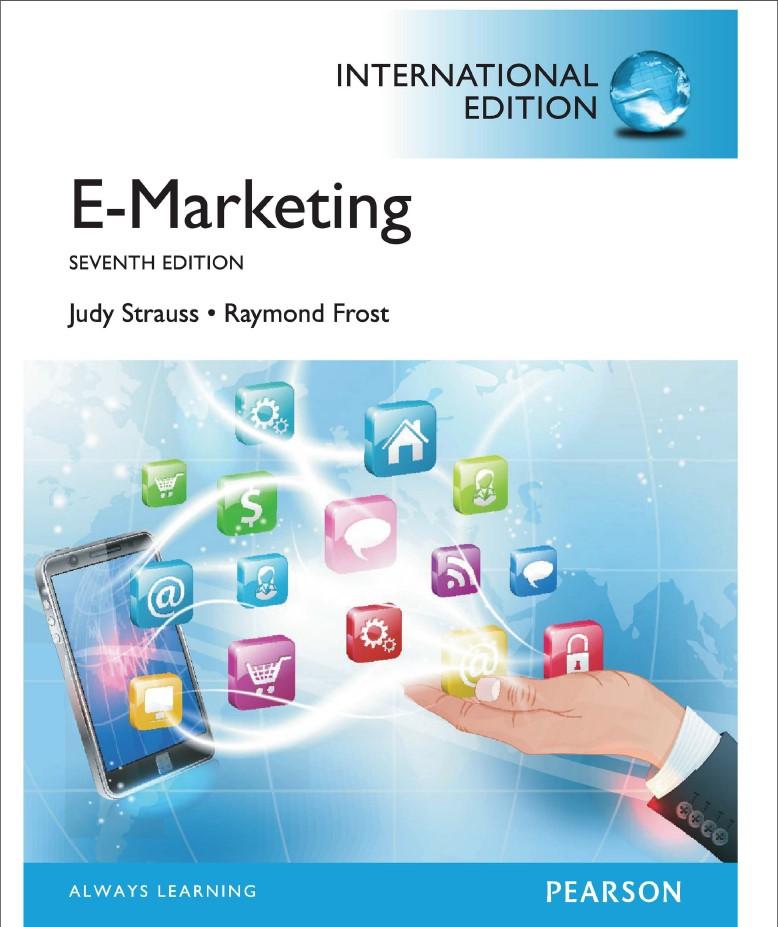Question
1. The project manager is trying to get sign off for a series of marketing materials. The work is rejected by the stakeholders responsible for
1. The project manager is trying to get sign off for a series of marketing materials. The work is rejected by the stakeholders responsible for sign off because of incorrect use of marketing standards. What should the project manager do before sending materials to the stakeholders again?
2. 'Moral knowledge is more like mathematical knowledge than it is like knowledge gained through observation.' Discuss.
3. You are assigned to a software development project, and you are conducting a product review with an important client. Although the deliverables were previously verified, the client detects a defect and rejects one of the deliverables. What should you do?
4. 2. 'There cannot be genuine disagreement over something about which there is no objective fact of the matter. People genuinely disagree over moral questions. Therefore, morality cannot be subjective.' What is the most plausible formulation of this argument? Does it succeed?
5. 3. All else equal, is it permissible to break someone's finger in order to save a different person's life? What does your answer imply for the plausibility of deontology?
6. 4. 'To call someone virtuous is just an old-fashioned way of saying that they reliably act in accordance with the correct moral principles.' Does it follow that we can do without the notion of a virtue?
7. 5. If computers were created that could experience greater happiness than human beings, should we cede the world to them?
8. 6. What sort of egoist am I if I give to charity because I want to do the right thing?
9. 7. What has morality got to do with empathy?
10. 8. 'Affirmative action is a form of reverse discrimination. All forms of discrimination are morally wrong. Therefore, affirmative action is morally wrong.' Is there anything wrong with this argument?
11. 9. Can equality of opportunity ever be more than an empty slogan?
12. 10. EITHER (a) 'To decide whether political institutions are justified, we need to look at their consequences rather than to consider whether people hypothetically would agree to them.' Discuss. OR (b) What use is a merely hypothetical contract?
13. 11. EITHER (a) Can a duty to obey the law be derived from a duty of fair play? OR (b) Does justice give us a duty to obey the law?
Step by Step Solution
There are 3 Steps involved in it
Step: 1

Get Instant Access to Expert-Tailored Solutions
See step-by-step solutions with expert insights and AI powered tools for academic success
Step: 2

Step: 3

Ace Your Homework with AI
Get the answers you need in no time with our AI-driven, step-by-step assistance
Get Started


